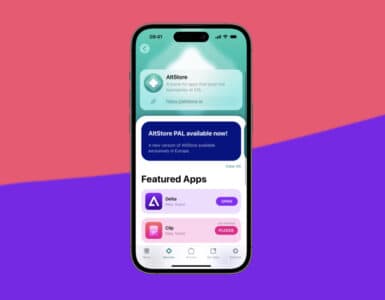Yesterday, Facebook removed its Onavo Protect VPN app from the Google Play Store. The app infringed users’ privacy. For the time being, the app will remain active on devices where it is already installed, but it no longer collects new data.
The TechCrunch site reports that Facebook will immediately stop for market research to collect data from [Onavo] users. However, the app still works for a while, so that users can find an alternative VPN service. The Onavo site still exists, although the links to the Android and iOS apps no longer work.
End of story Onavo
Facebook acquired the Israeli company Onavo in the course of 2013. But last year it turned out that the app was collecting a lot of data in exchange for its services. For example, Onavo mapped out which apps a user had installed. Onavo also kept track of the use of these apps and the amount of data used per app. The app also collected information about internet sites that were visited and about the country and network where a user is surfing. That’s why Facebook had to remove the app from the Apple App Store in August 2018.
Now the app also disappears from the Google Play Store and the service ends. TechCrunch states that Facebook made this choice as a result of the increasing pressure on tech companies regarding privacy. Facebook therefore no longer considers it a sensible strategy to offer users a service such as a VPN in exchange for a silent analysis of their app usage and browsing activities. Instead, it focuses on paid programs that allow users to understand the privacy they are giving up in exchange for direct financial compensation.
Paid programs
Also, according to TechCrunch, Facebook will no longer recruit new participants for the Facebook Research app. Previously, Apple had prevented the social network from distributing the app to iOS users, after it turned out that the app was not distributed via the App Store but via Facebook’s internal programs that were intended for employees. The app could still be downloaded in Android, but that will probably end in the future.
The app recently brought the company of CEO Mark Zuckerberg into disrepute when it turned out that it was mainly teenagers who were participating in the app. They gave a lot of data about their behaviour in exchange for less than two tens a month.
This news article was automatically translated from Dutch to give Techzine.eu a head start. All news articles after September 1, 2019 are written in native English and NOT translated. All our background stories are written in native English as well. For more information read our launch article.


















